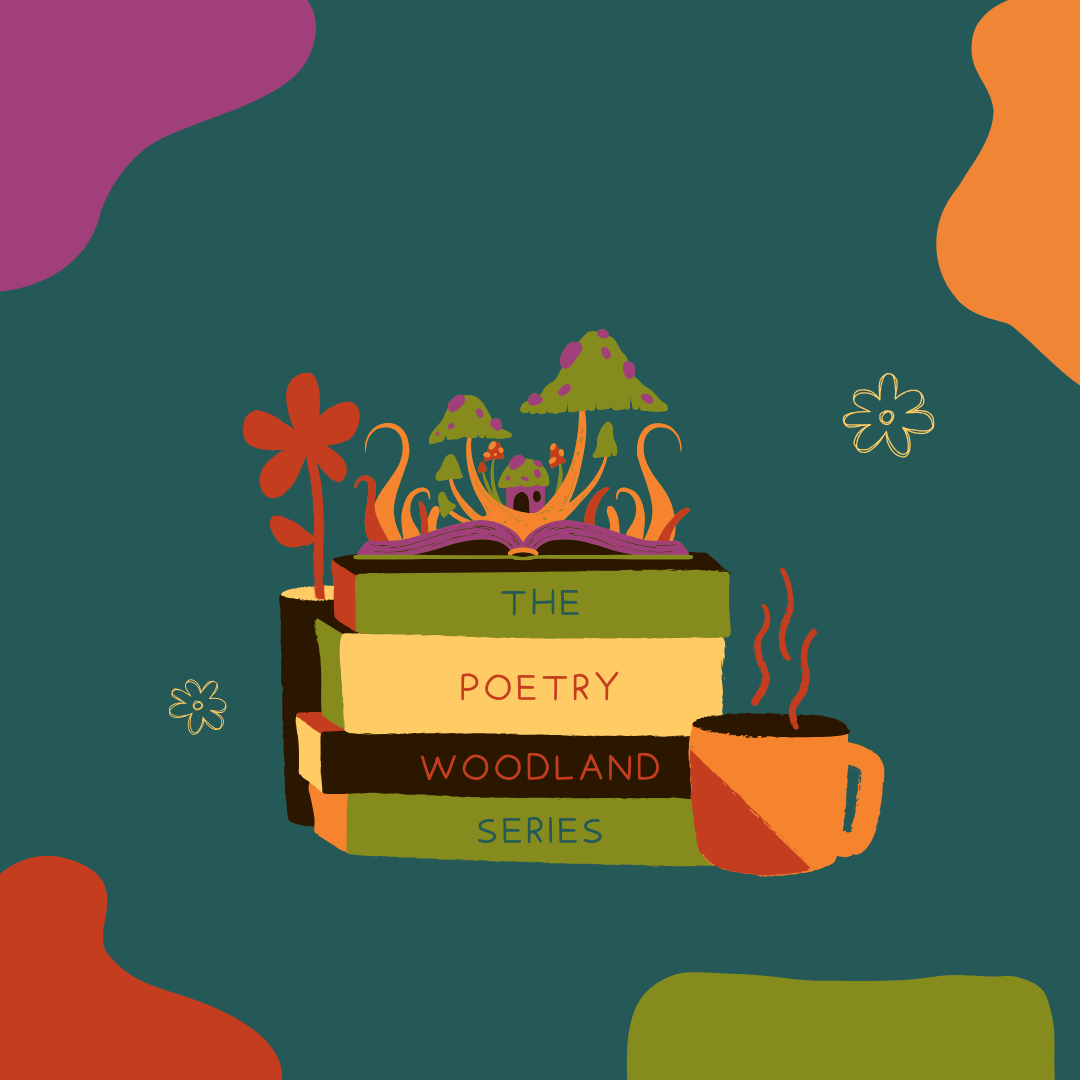The Poetry Woodland Series: "The Tree of Life"
Public domain poetry readings & analysis. Vol. 3 | Toru Dutt's poems 🪐
The Tree of Life*
by Toru Dutt
Broad daylight, with a sense of weariness! Mine eyes were closed, but I was not asleep, My hand was in my father's, and I felt His presence near me. Thus we often past In silence, hour by hour. What was the need Of interchanging words when every thought That in our hearts arose, was known to each, And every pulse kept time? Suddenly there shone A strange light, and the scene as sudden changed. I was awake:--It was an open plain Illimitable,--stretching, stretching--oh, so far! And o'er it that strange light,--a glorious light Like that the stars shed over fields of snow In a clear, cloudless, frosty winter night, Only intenser in its brilliance calm. And in the midst of that vast plain, I saw, For I was wide awake,--it was no dream, A tree with spreading branches and with leaves Of divers kinds,--dead silver and live gold, Shimmering in radiance that no words may tell! Beside the tree an Angel stood; he plucked A few small sprays, and bound them round my head. Oh, the delicious touch of those strange leaves! No longer throbbed my brows, no more I felt The fever in my limbs--"And oh," I cried, "Bind too my father's forehead with these leaves." One leaf the Angel took and therewith touched His forehead, and then gently whispered "Nay!" Never, oh never had I seen a face More beautiful than that Angel's, or more full Of holy pity and of love divine. Wondering I looked awhile,--then, all at once Opened my tear-dimmed eyes--When lo! the light Was gone--the light as of the stars when snow Lies deep upon the ground. No more, no more, Was seen the Angel's face. I only found My father watching patient by my bed, And holding in his own, close-prest, my hand.
*This poem is in the public domain!
Toru Dutt (Tarulatta Datta - Bengali: তরু দত্ত) was born on March 4, 1856, in Kolkata, India. She was an Indian Bengali poet, translator, and essayist, who wrote in English and French from British-occupied India. She is one of the founding figures of Indo-Anglian literature, alongside Henry Louis Vivian Derozio (1809–1831), Manmohan Ghose (1869–1924), and Sarojini Naidu (1879–1949). Dutt wrote several volumes of poetry in English and a novel—the first written by an Indian writer in French. Her writing explores themes of longing, loneliness, nostalgia, and patriotism. She died of tuberculosis on August 30, 1877, at age 21. Please read more about her life and work here.
This poem is beautiful, mystic, and deeply sad knowing that Toru Dutt would soon die from tuberculosis. Though I can’t find exactly when it was written, we can deduce she was battling tuberculosis when her first collection was published in 1876 (she passed in 1877).
Therefore, my reading of The Tree of Life is that Dutt intentionally mingled daydreaming with the fragile/trance-like state of consciousness when we’re ill. Her language and imagery lend to a longing for healing that both she and her father wish for—at such a soul level that they don’t exchange words.
With this in mind, I’m haunted by the tender fear explored at the end of the poem: when Dutt wakes (presumably because it isn’t her time to step into the light), her father is waiting, patiently pressing her hand, not yet aware of Dutt’s encounter with the Angel. However, it’s implied that he suspects it—she would have slipped from consciousness to experience her dream, and pressing her hand (rather than gently holding it) indicates worry. He is her tree of life, which may be why the Angel replied ‘nay’ when Dutt requested to crown her father. The dream/vision said ‘have faith’ without using words.






I wonder if there is a name for the style this poem is written because it’s beautiful.